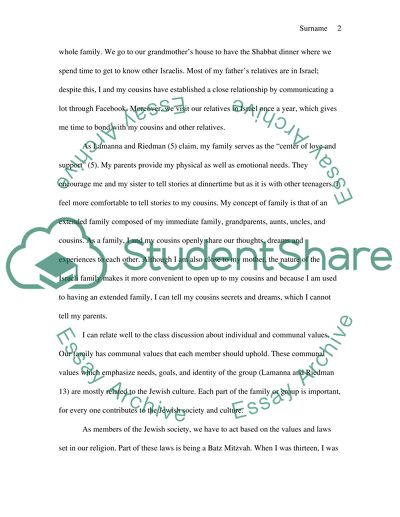Cite this document
(“Family Genogram Family and Consumer Science Essay”, n.d.)
Retrieved from https://studentshare.org/family-consumer-science/1452428-genogram-paper
Retrieved from https://studentshare.org/family-consumer-science/1452428-genogram-paper
(Family Genogram Family and Consumer Science Essay)
https://studentshare.org/family-consumer-science/1452428-genogram-paper.
https://studentshare.org/family-consumer-science/1452428-genogram-paper.
“Family Genogram Family and Consumer Science Essay”, n.d. https://studentshare.org/family-consumer-science/1452428-genogram-paper.


